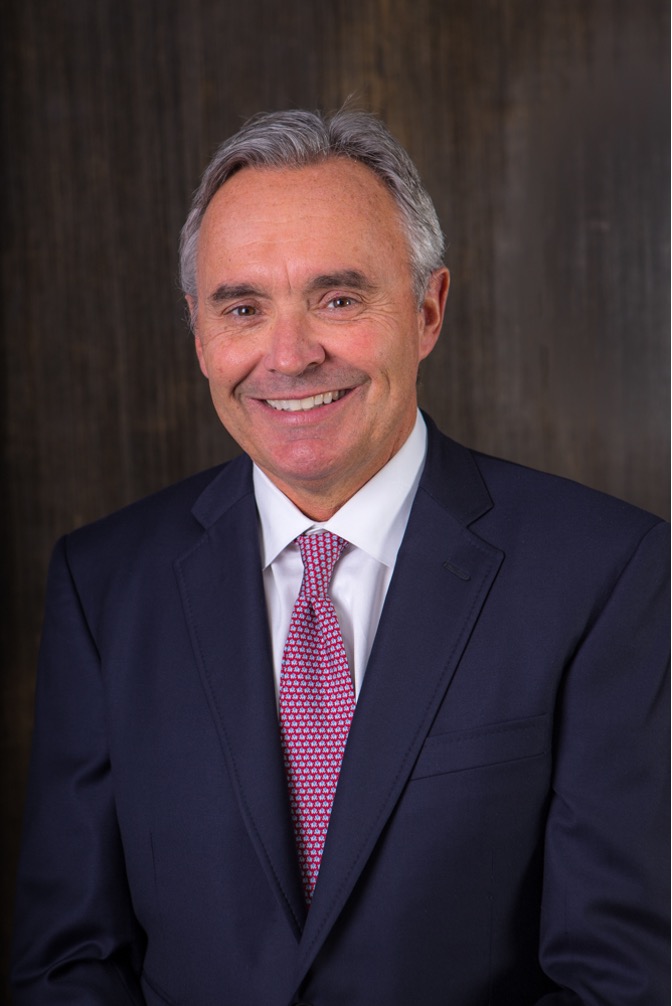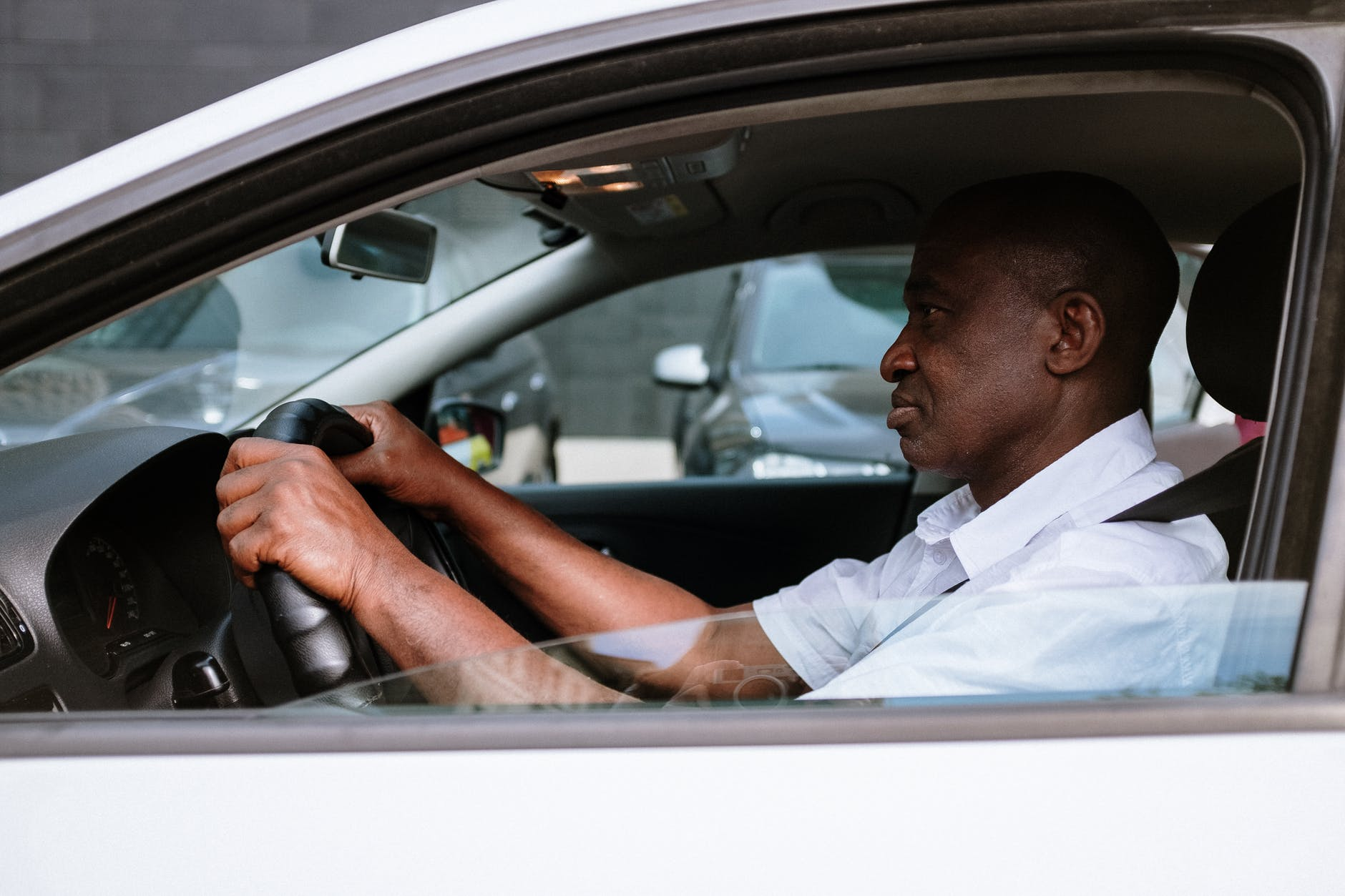Now Reading: 5 Steps To Take After a Personal Injury Accident
-
01
5 Steps To Take After a Personal Injury Accident

5 Steps To Take After a Personal Injury Accident
After surviving an accident, you may be disoriented and in agony. It is common to feel anxious under the circumstances. Knowing beforehand what to do in a stressful situation like this can bring comfort and ease the burden of uncertainty.
The most important thing is to ensure your own safety and seek medical care as soon as possible. Document the accident scene, recording as many details as you can. A personal injury attorney can help you build a strong case against the at-fault party.
1. Seek Medical Attention
If you have been involved in an accident, you should seek medical help immediately. Even if the injuries are not visible, you should visit a doctor since many injuries are not noticeable right away.
If the accident happened at the workplace, certain jurisdictions now mandate that you get medical treatment within a certain amount of time or risk losing your right to file a claim.
Remember that some injuries, particularly soft tissue injuries or brain traumas, might go unnoticed for days, weeks, and even months after they occur. A physician will conduct a comprehensive examination to evaluate your injuries and prescribe the appropriate therapy.
2. Report the Accident
Contact the authorities to report the accident. In certain cases, it is warranted to call the police and your insurance company. For example, if you were hurt in a car crash, the police will write a report at the scene. This will serve as a valuable document to strengthen the value of your claim if you decide to go after the at-fault party.
If you take legal action, trust the experts from Underwood Law Office as your Texas personal injury lawyers. Hiring a lawyer will ensure that your rights are protected throughout the legal process. What is more, they can assist you every step of the way.
Dealing with insurance companies can be a tricky task. It is essential to acknowledge that you must proceed with caution when talking to an insurance agent, as they represent the company’s interest over the client’s.
The good news is that your lawyer can communicate with the insurance company and relay all the necessary information. Furthermore, they can also handle negotiations on your behalf.
3. Document the Accident
If you are physically able to, it is crucial to document the accident scene as soon as possible. If you are unable to do so, ask a trusted friend to help you.
Start by taking photographs of the surrounding area. Make sure to include the object that caused your injury. Snap shots from different angles and distances to paint a complete picture.
A video recording of the accident is a most persuasive proof. If this is a possibility, make an early effort to secure the footage because CCTV recordings are deleted periodically. If there is no CCTV footage, you can film the aftermath while the scene is still fresh.
4. Gather Witness Details
You should also make contact with anyone who witnessed the accident. Ask if they would be willing to serve as witnesses and if they say yes, jot down their contact information. Eyewitness testimony can go a long way with the jury if your case ends up in court.
5. Seek Legal Representation
Following your medical treatment, you should seek out and employ the services of an expert personal injury lawyer. A legal expert can help build your case. You will need someone who is looking out for your best interests. Consider this: Insurance providers and other respondents will have legal representation. Thus, so should you.
Final Thoughts
Accidents tend to catch those involved off-guard. While there is only so much you can do to be prepared, it certainly helps to be informed about what to do immediately after an accident.
Allow yourself a little time to let the shock of the events pass through your body and follow the steps outlined here. What you do right after an accident can greatly influence the value of your claim.
Author: As a journalist, Leland D. Bengtson dedicated most of his career to law reporting. His greatest satisfaction is to convey legal matters to the public in a language that they can understand. He is active on various platforms and media outlets, writing about common legal issues that people confront with every day. While medical malpractice is his strong suit, Leland covers plenty of other topics, including personal injury cases, family law, and other civil and even criminal legal matters











